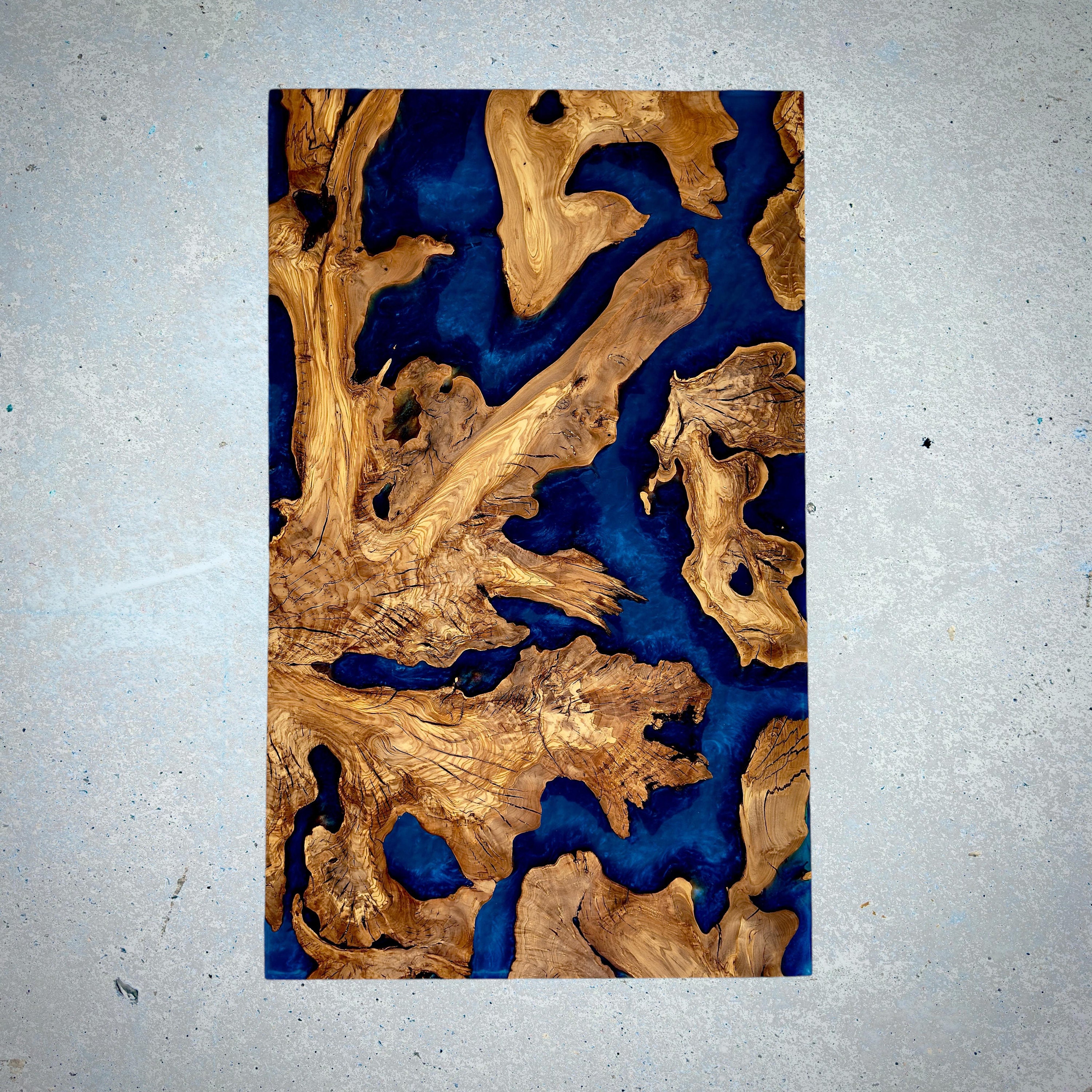The Abundance of the Olive Tree: Steps Toward Sustainable Living
The olive tree has been more than just a natural wonder throughout its millennia-old history; it has also been one of humanity’s finest symbols of sustainability. Every part of the olive tree—its fruit, oil, wood, and roots—is valuable. For those seeking to live a life in harmony with nature, the olive tree can serve as an inspiring guide. In this article, we explore how the abundance of the olive tree can inspire steps toward a sustainable lifestyle.
1. The Natural Legacy of the Olive Tree
The olive tree has been a source of life for civilizations throughout history.
- Longevity and Resilience: Olive trees can live for thousands of years and thrive even under harsh conditions.
- Zero Waste Philosophy: Every part of the olive tree, from its fruit and leaves to its wood and seeds, can be utilized.
- Contribution to the Ecosystem: Olive trees prevent soil erosion, enhance soil fertility, and supply oxygen to the environment.
2. Steps Toward Sustainable Living Inspired by the Olive Tree
a) Support Local and Seasonal Consumption
The olive tree is a prime example of local farming and seasonal production. You can adopt similar practices:
- Choose Local Olive Oil Products: Olive oil sourced from organic and local producers is healthier and supports the local economy.
- Use a Seasonal Calendar for Fruits and Vegetables: Like olives, consuming produce in season helps make better use of natural resources.
b) Embrace Zero Waste Practices
Just as every part of the olive tree is valued, you can embrace the zero-waste philosophy in daily life:
- Compost Olive Pits: Olive pits can be added to compost as organic waste.
- Reduce Packaging Waste: Opt for liquids like olive oil in glass bottles to minimize plastic use.
c) Shift Toward Natural and Renewable Resources
Like the olive tree, focus on renewable and eco-friendly materials:
- Use Wooden Products: Olive wood furniture and kitchenware are both aesthetically pleasing and durable.
- Opt for Non-Chemical Cleaning Products: Olive oil-based soaps are eco-friendly alternatives that don’t harm the environment.
3. Ecological Projects Inspired by the Olive Tree
a) Agroforestry Systems
Olive trees are commonly used in agroforestry projects. When grown alongside other plants, they protect the soil and enhance biodiversity.
b) Eco-Tourism and Olive Groves
Olive groves have become a popular part of eco-tourism. Visitors can learn about sustainable farming practices and connect with nature in these settings.
c) Reforestation Efforts
Olive trees are ideal for reforestation projects in arid regions. They stabilize the soil and prevent erosion.
4. Drawing Inspiration from the Abundance of the Olive Tree
The resilience and generosity of the olive tree offer valuable lessons for sustainable living. The core values it teaches us are:
- Respect for Nature: Using natural resources without waste.
- Patience and Resilience: Adapting to nature’s cycles with a long-term perspective.
- Sharing and Abundance: Fairly and consciously sharing nature’s blessings.
Conclusion: From the Olive Tree to Sustainability
The olive tree, with its abundance and resilience, serves as an inspiration for a sustainable lifestyle. By taking eco-conscious steps, we can contribute to a greener future both individually and collectively.Just like the deep roots of the olive tree, we can embed the philosophy of sustainable living deeply into our lives. “With the abundance of the olive tree, it is possible to build a life in harmony with nature!”
